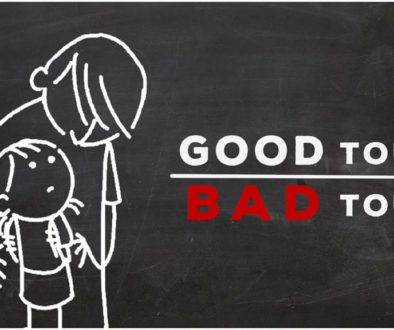Teach your kids good habits through social learning
Children are great imitators — especially the very young kids love to imitate their parents and caregivers. We often see young children imitating the sounds they hear around them, or trying to carry out activities done by their parents, and hence learn many behaviors by observing others around them.
The great psychologist, Albert Bandura, also emphasized observational learning in his theory which comprises four stages:
- Attention: It includes paying attention to the behavior of model to learn.
- Retention: It can be done through many opportunities to remember them.
- Production: Demonstrating and practicing the behavior by doing repeatedly.
- Motivational/reinforcement: This stage includes getting motivation to repeat the behavior. Encouragement and rewards are given for continuous practicing of the skill.
Lets understand the whole concept by citing an example:
A child watches his mother saying goodbye to his father everyday when he leaves for office in the morning. The child pays attention and learns this behavior comfortably as his mother does this action every day. He also starts saying goodbye to his father when he leaves for office. Both the parents feel happy and show positive response to his behavior. The child learns this behavior is good and does it every morning.
As said, children are great imitators, so give them something great to imitate. Parents and caregivers must understand how to behave in front of children. For a toddler, imitation marks a major milestone and parents are under constant observation. Parents and caregivers can take advantage of social learning theory and help the child to learn social skills, to understand what is morally right, to choose between right and wrong, to adopt positive behavior etc.


